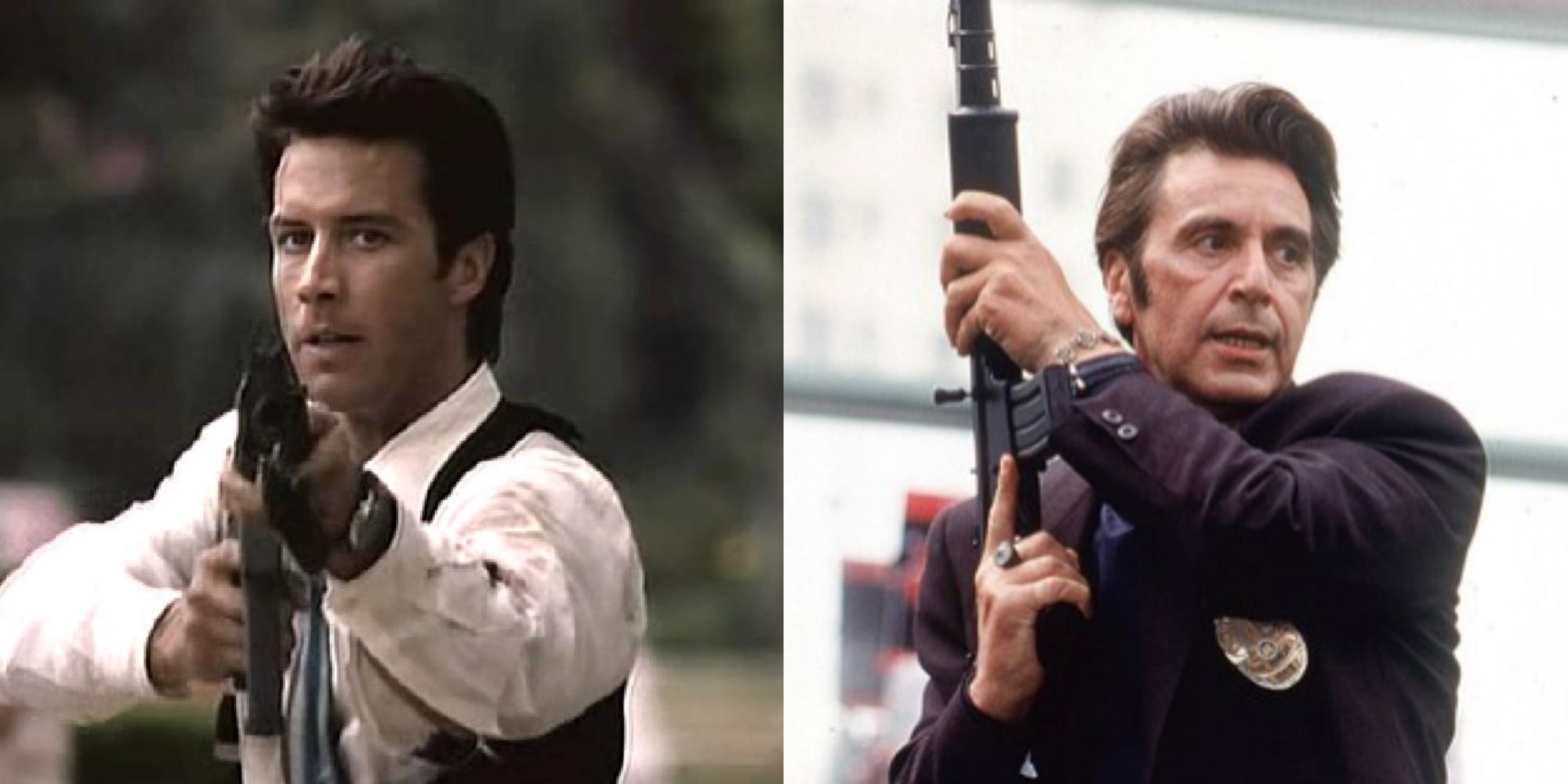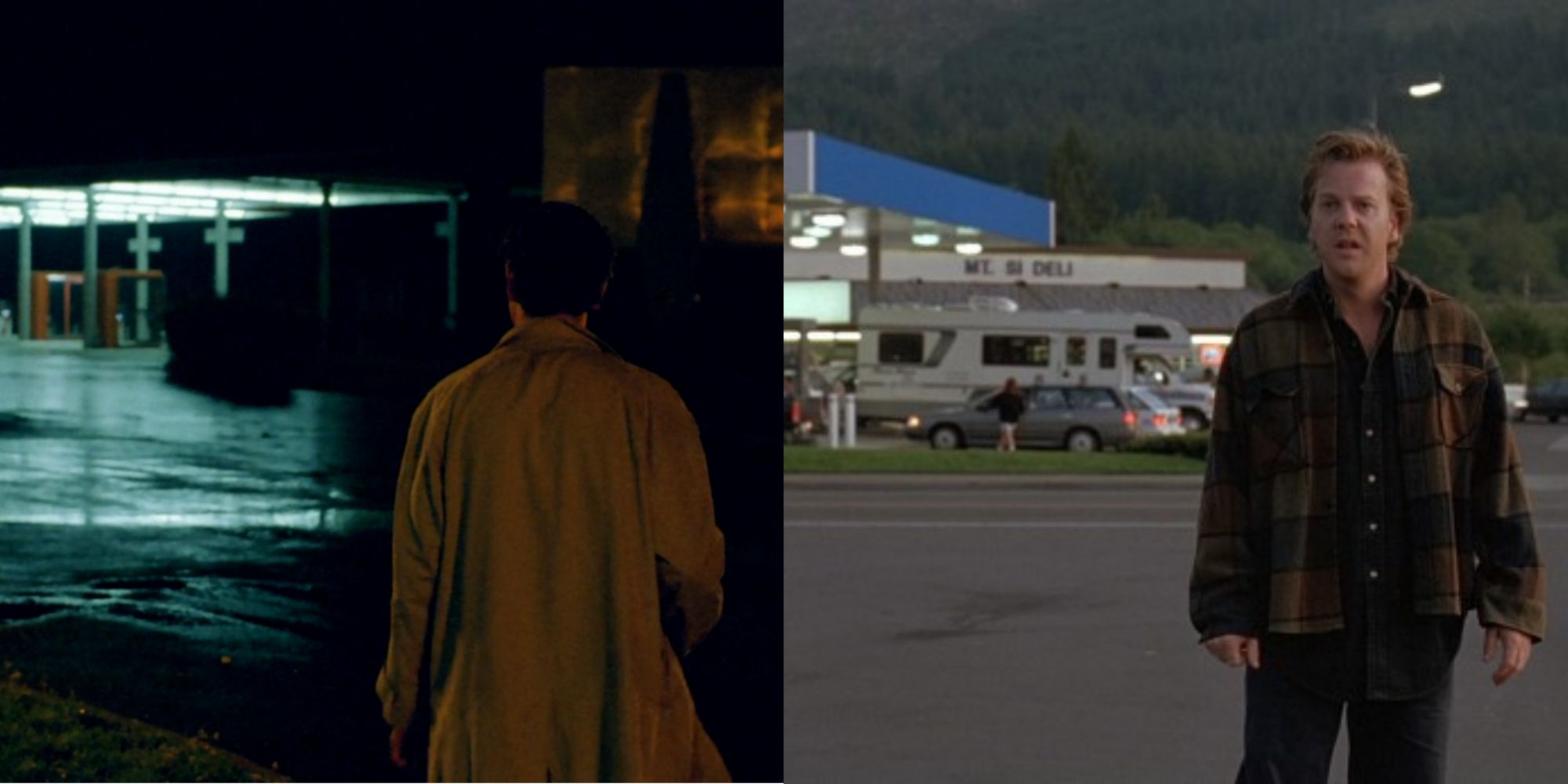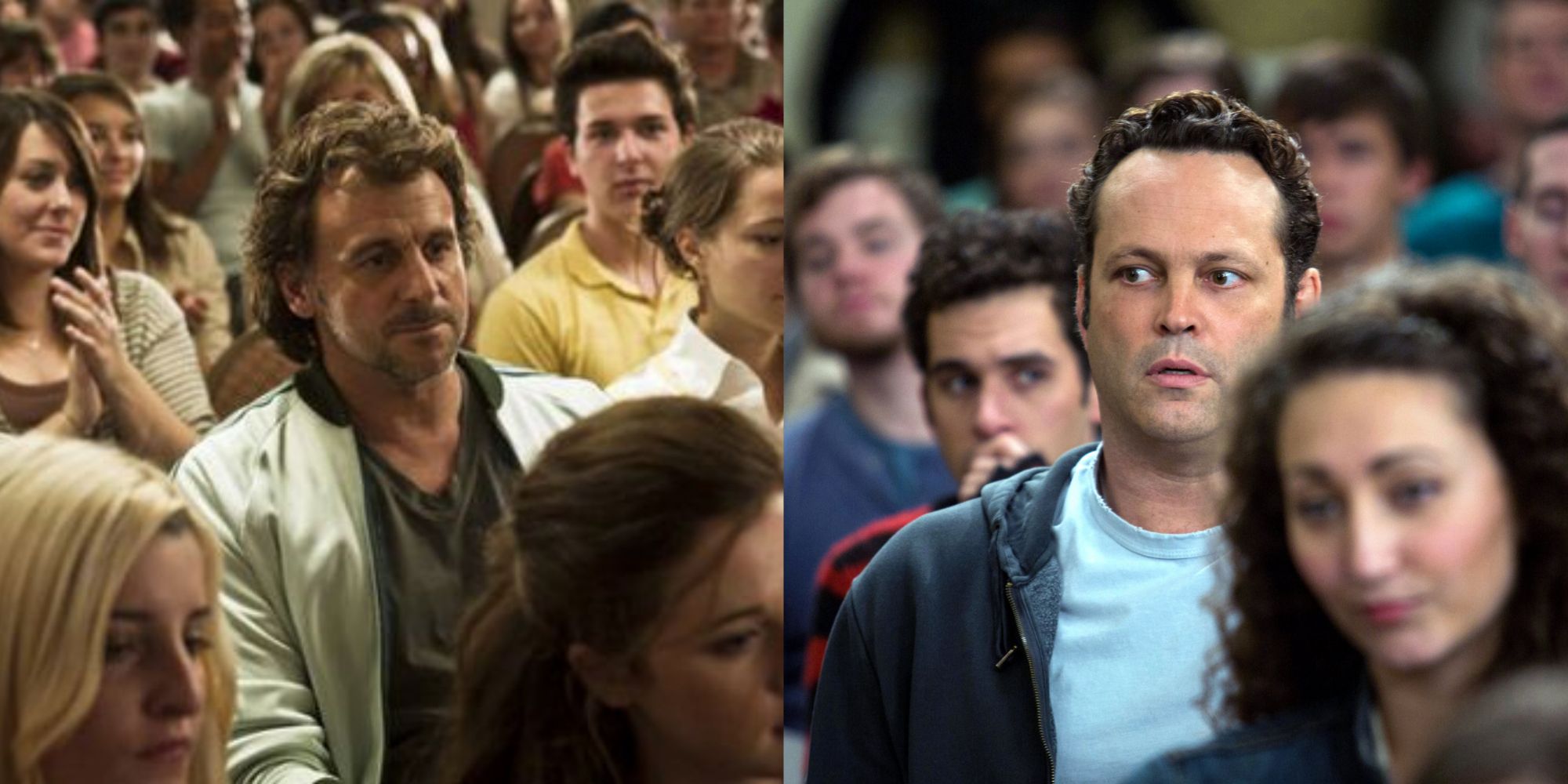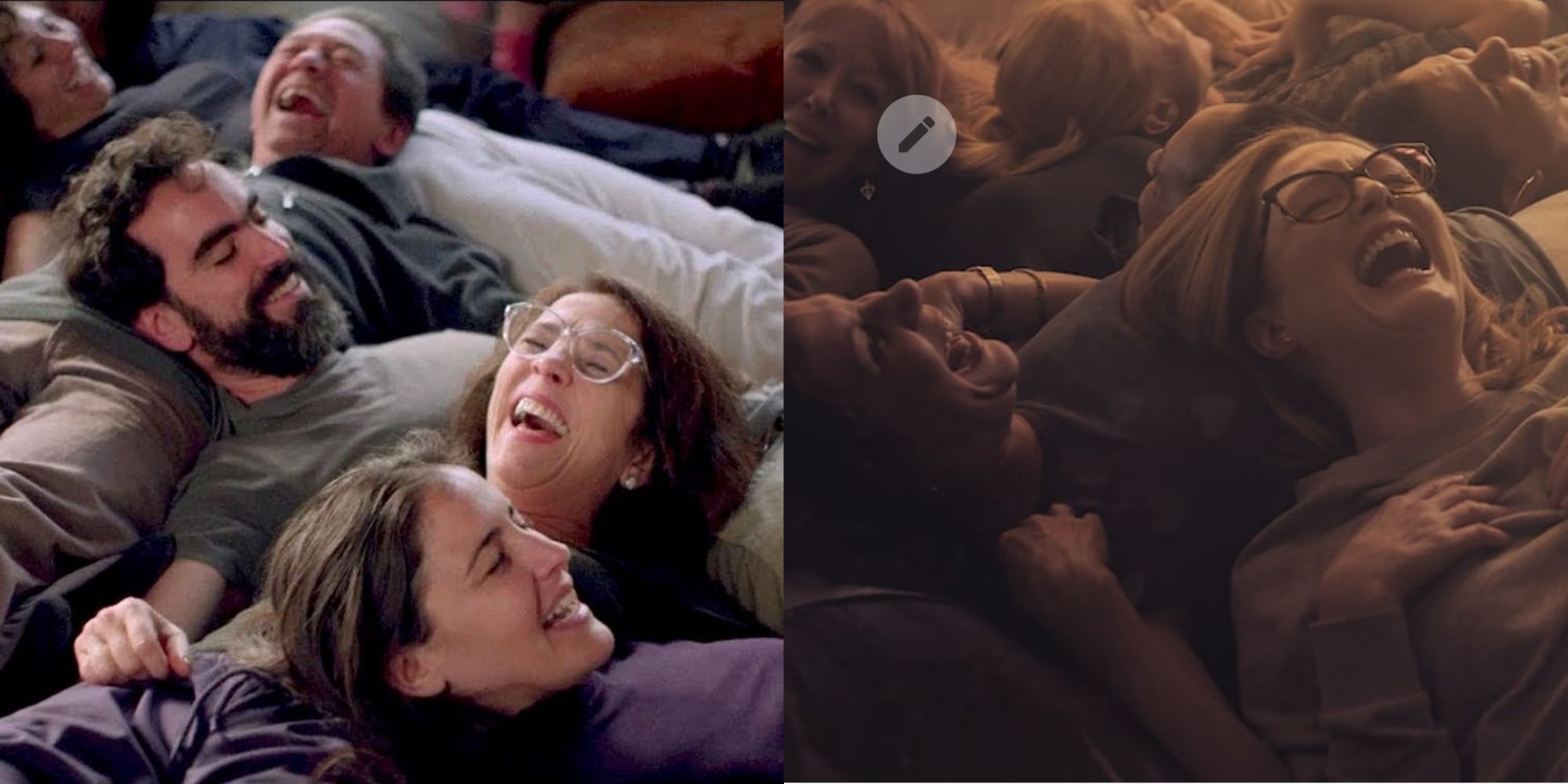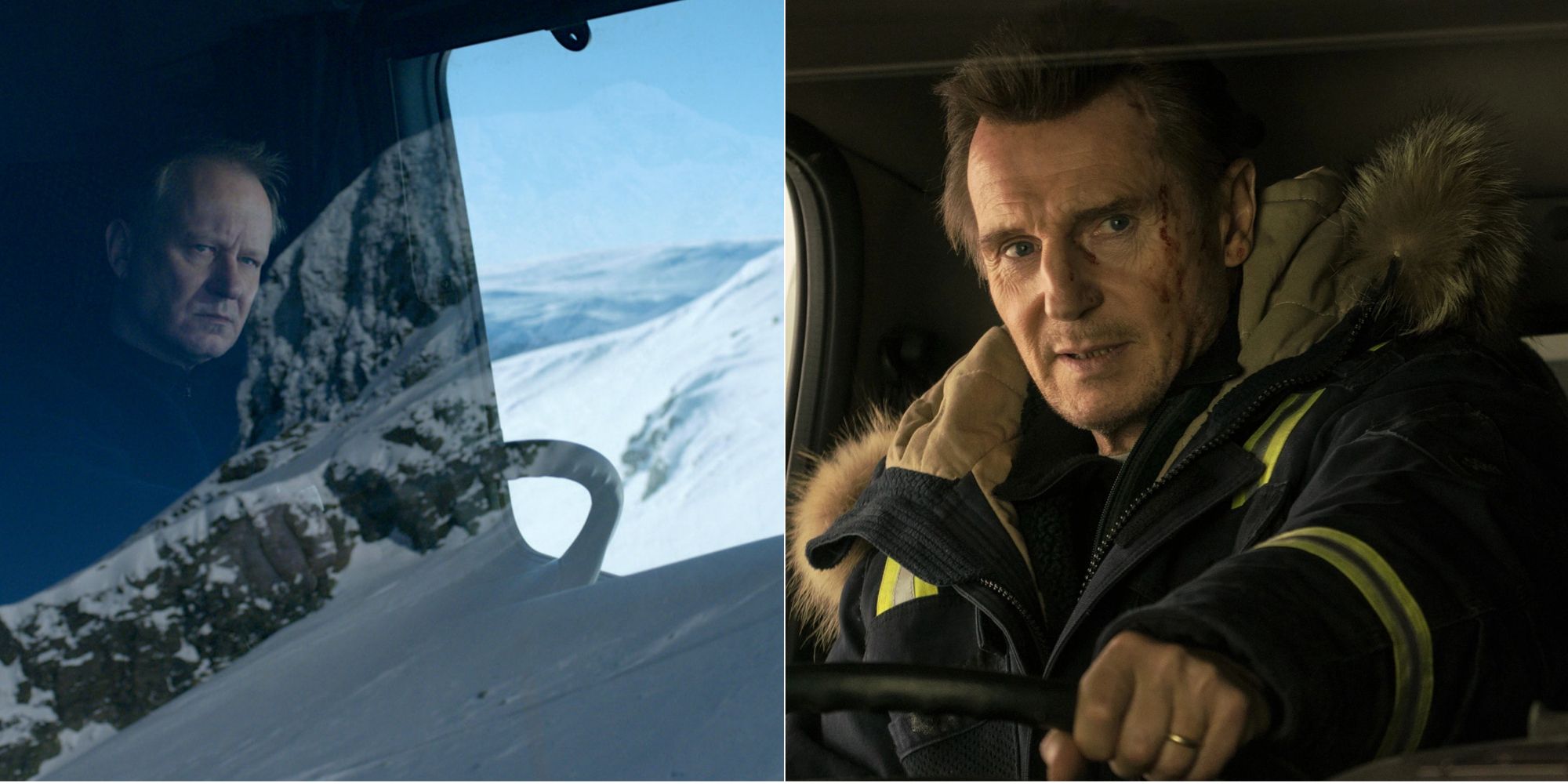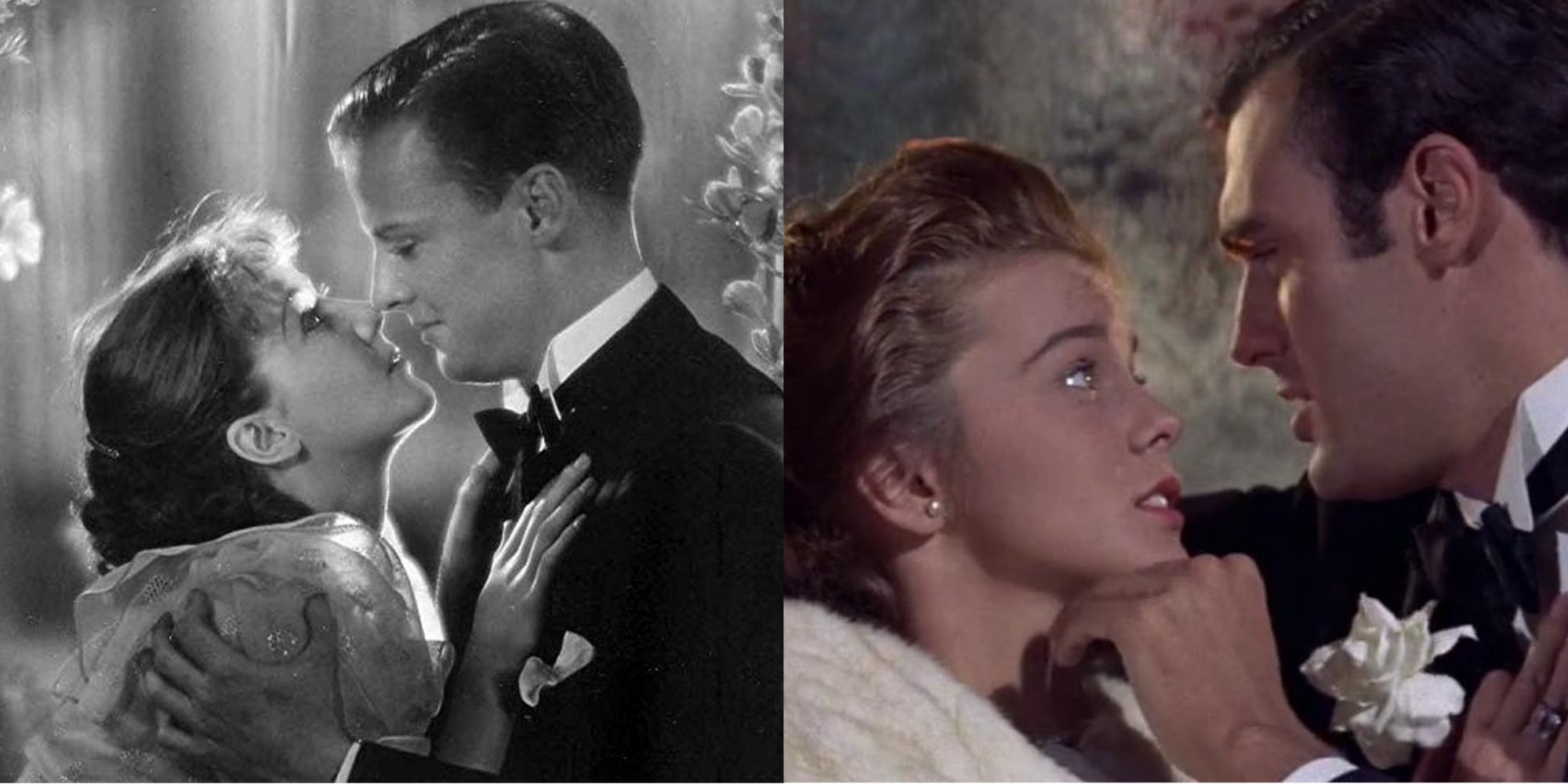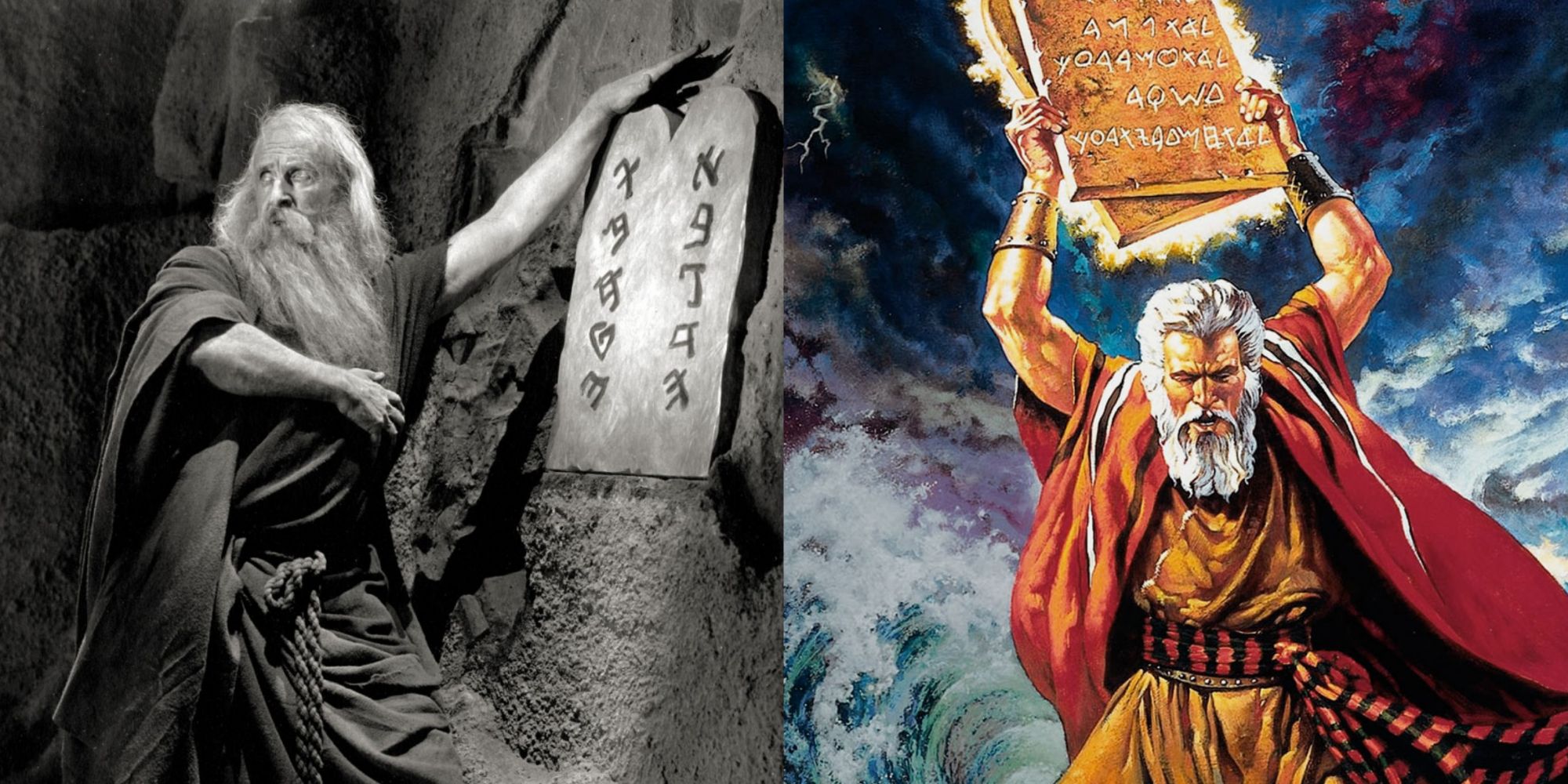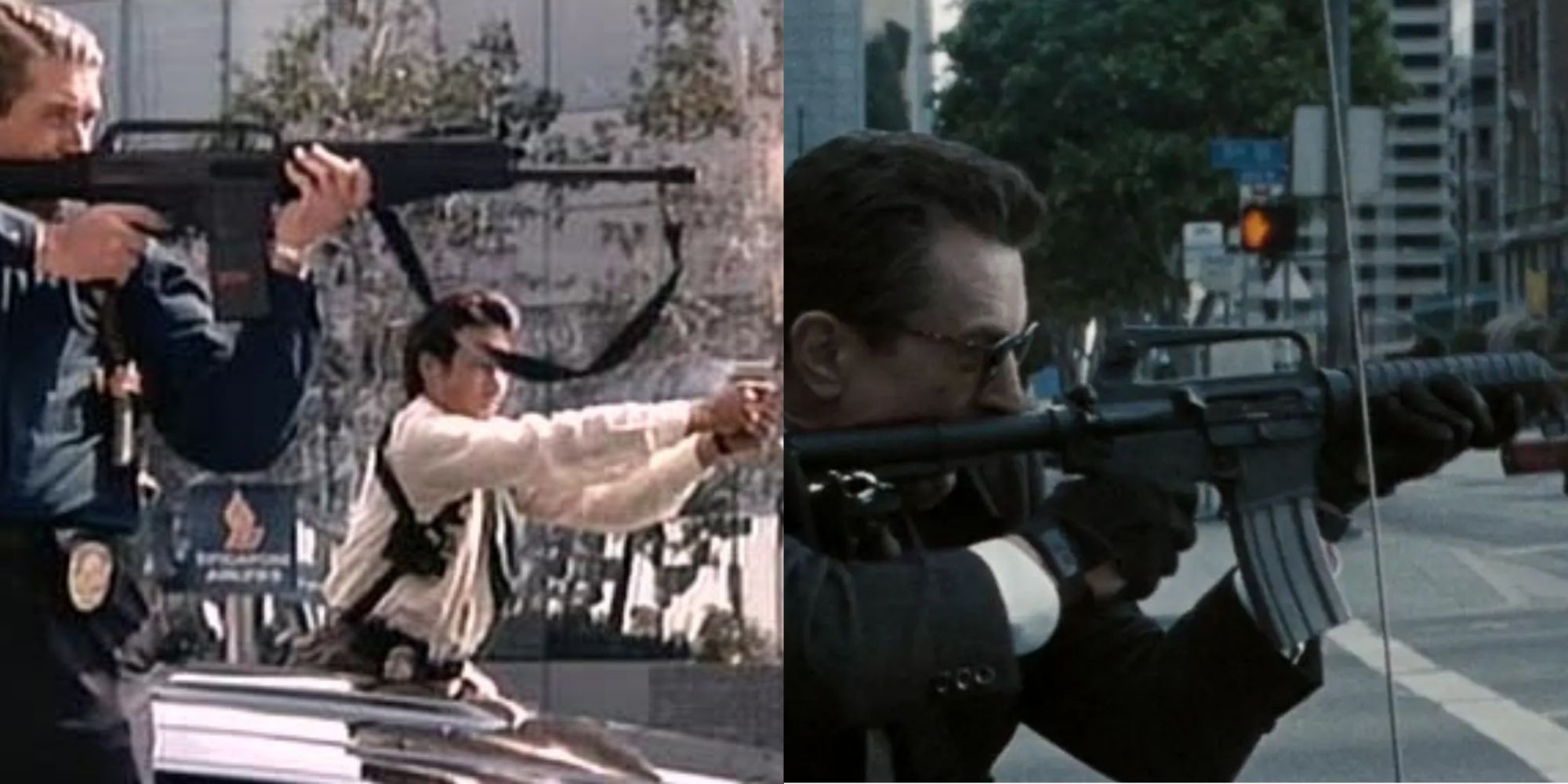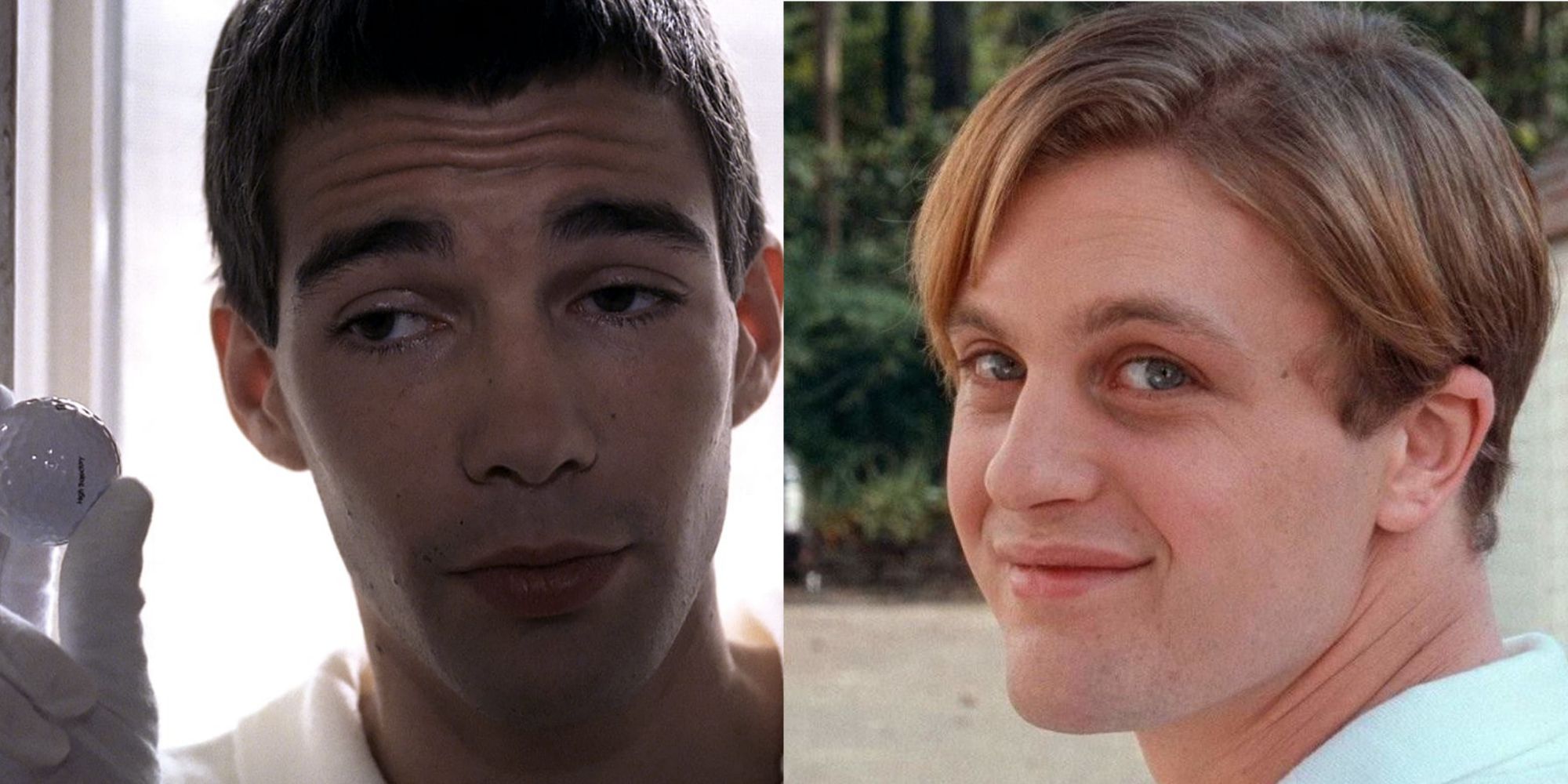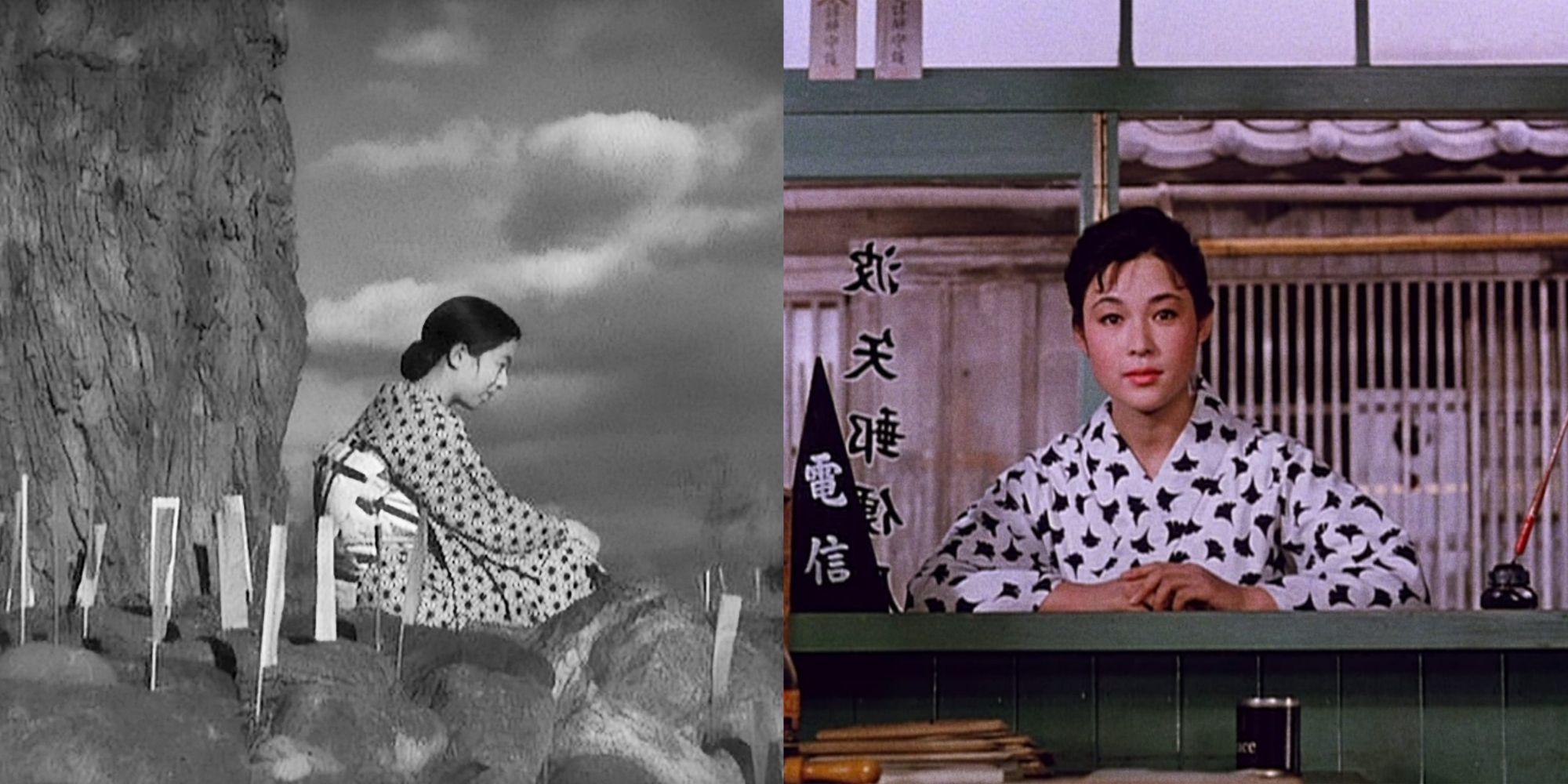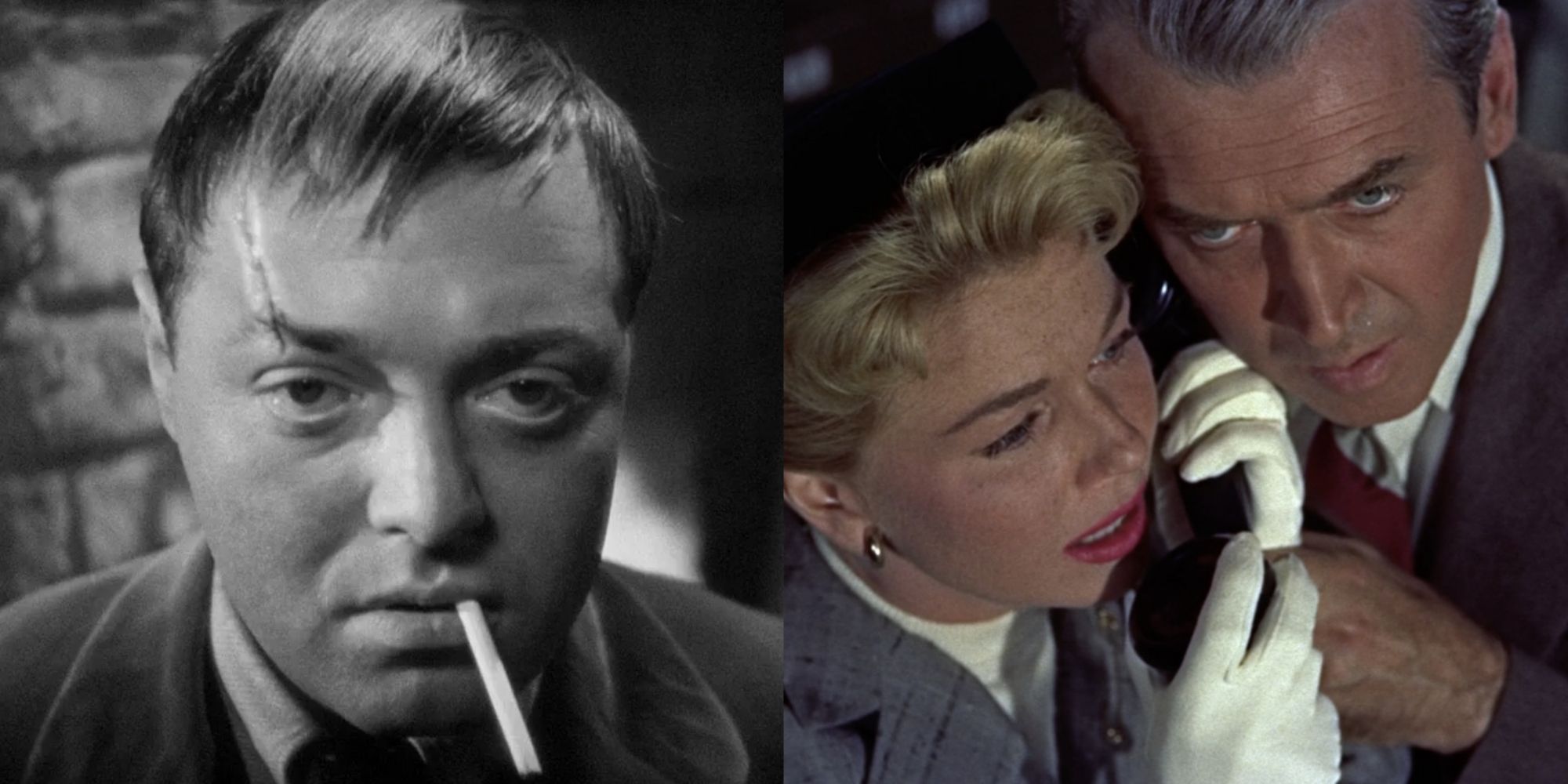Although remakes are particularly common in today's movie climate, they have always been a popular practice in filmmaking. So much so that there have even been directors who decided to remake their own movies.
These few instances where directors themselves choose to put an updated spin on their own stories are always fascinating. They're crystal-clear ways to see how the filmmaker's style has evolved over the years, how their views on storytelling have changed, and sometimes how a different country can influence a director's technique. In any case, they can be an awful lot of fun to compare.
George Sluizer — 'The Vanishing' (1988 and 1993)
George Sluizer's original The Vanishing is often hailed as one of the finest mystery thrillers to come out of the Netherlands. It's about a young Dutch couple enjoying a holiday in France when the woman mysteriously disappears in a gas station.
Sluizer remade the movie in English in 1993 with a star-studded cast including Kiefer Sutherland and Jeff Bridges. Unfortunately, that version wasn't nearly as well-received. However, even though the original remains undefeated, some say the remake is also decently enjoyable.
Ken Scott — 'Starbuck' (2011) and 'Delivery Man' (2013)
A French Canadian comedy mostly beloved by general audiences, Starbuck sees a forty-year-old living the life of an irresponsible adolescent when he suddenly receives news that, as a sperm donor, he fathered over five hundred children.
Just a couple of years later, Ken Scott remade his own film in the form of Delivery Man starring Vince Vaughn. While it wasn't as well received as its predecessor, it made for a decent throwaway comedy with enough heart and charm to make it worthwhile for those who enjoyed the original.
Sebastián Lelio — 'Gloria' (2013) and 'Gloria Bell' (2018)
Chilean director Sebastián Lelio's Gloria is a simple, modest, thought-provoking comedy about a free-spirited older woman and her relationship with a former naval officer she meets while out in a club.
Lelio later revisited his film, this time in an American setting. In both cases, the absolute standout of the movie is the lead actress; in the original, it's Paulina García, while Julianne Moore takes on the role in the remake. Although the Chilean version was generally better received, both were seen as super enjoyable and refreshingly honest depictions of the life of a middle-aged divorced woman.
Hans Petter Moland — 'In Order of Disappearance' (2014) and 'Cold Pursuit' (2019)
In Order of Disappearance is a fresh and unique Norwegian take on the action comedy genre, starring Stellan Skarsgård as a man whose son dies under mysterious circumstances, prompting him to investigate and ending up in the middle of an escalating underworld gang war.
Five years later, director Hans Petter Moland enlisted Liam Neeson for an American remake of the movie titled Cold Pursuit. The result was a very fun action movie that, while not nearly as creative as the original, definitely stood out among the landscape of modern Liam Neeson action films where he goes around killing people.
Frank Capra — 'Lady for a Day' (1933) and 'Pocketful of Miracles' (1961)
The Italian-American filmmaker Frank Capra was one of the most creative and prolific minds in cinema during the 30s and 40s. One of his lesser-known movies is the Oscar-nominated Lady for a Day, a dramedy about a gangster trying to help a rough-around-the-edges indigent woman become a lady worthy of high society.
Later in his career, Capra made a new and updated version of the film called Pocketful of Miracles. Although it wasn't nearly as beloved as the original, and it has faded into relative obscurity, it was also nominated for a few Oscars. It still receives the love of some of Capra's biggest fans.
Cecil B. DeMille — 'The Ten Commandments' (1923 and 1956)
One of the earliest epics in the history of cinema was Cecil B. DeMille's silent film The Ten Commandments, a two-part story showing the story of Moses leading the Jews to the Promised Land and then the efficacy of the Ten Commandments in modern life.
DeMille himself made a talkie remake decades later. In beautiful color, with Charlton Heston as Moses and clocking in at 3 hours and 40 minutes long, 1956's The Ten Commandments is generally applauded as the definitive version of the story, improving upon the original in every single way imaginable.
Michael Mann — 'L.A. Takedown' (1989) and 'Heat' (1995)
Michael Mann's TV film L.A. Takedown is about a tough Los Angeles cop who takes on a gang of bank robbers led by a precise and enigmatic man.
The original isn't particularly well-liked, even for a TV film. Still, its existence turned out to be blissful because it served as an unplanned prototype for what's considered one of the best action thrillers of all time: Heat, with Al Pacino taking on the role of the cop and Robert De Niro playing the criminal leader, both delivering one of the most memorable performances of their respective careers.
Michael Haneke — 'Funny Games' (1997 and 2007)
German auteur Michael Haneke, praised for his uncompromisingly dark style, made in 1997 one of the most engrossing and profoundly human thrillers of the 90s in the form of Funny Games. It is about two young men who hold a family hostage and torture them with sadistic games in their vacation home.
Haneke made a U.S. version of his film with Naomi Watts and Tim Roth, and even though it wasn't as well-received as the original cult classic, it was generally another of Haneke's succesful attempts at pushing limits and provoking audiences.
Yasujiro Ozu — 'A Story of Floating Weeds' (1934) and 'Floating Weeds' (1959)
One of the most acclaimed directors in the history of Japanese cinema was Yasujirô Ozu, who in 1934 made A Story of Floating Weeds, a moving and beautiful film about an actor's lover who creates a plan to harm her lover's son.
Even more beloved among Ozu's fans is Floating Weeds, the remake of the 30s original. Deep and complex but also one of his most accessible and emotionally resonant works, it remains a must-watch landmark in the country's cinematic history.
Alfred Hitchcock — 'The Man Who Knew Too Much' (1934 and 1956)
Rightly recognized by many as the master of suspense, Alfred Hitchcock's early filmography includes 1934's The Man Who Knew Too Much, about a British couple who receive a clue to an imminent assassination attempt, only to discover that their daughter has been kidnapped to keep them quiet.
Over two decades later, Hitchcock made an American version of his film with Doris Day and common collaborator James Stewart. This is the version generally preferred by audiences thanks to a masterful execution of suspenseful scenes and a more gripping atmosphere. Both films are great, though, and it's amazing to have them both in the director's vast filmography.

